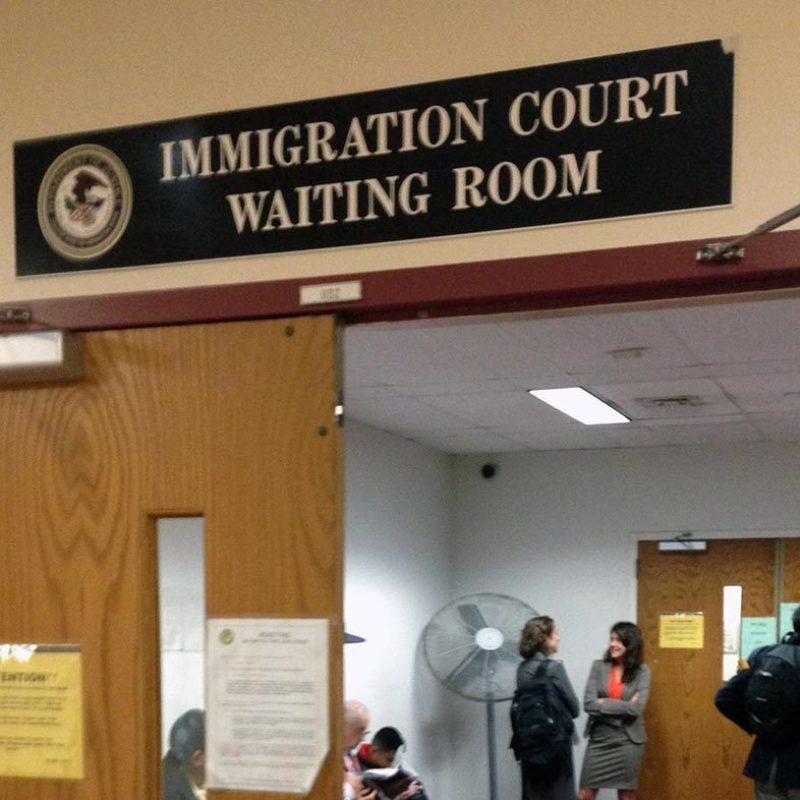We sat down with Toussaint for a mini-interview to hear more about his first year at the Advocacy Center.

Q: Tell us about your first year as CEO at Charlotte Center for Legal Advocacy.
A: The first year has been incredibly rewarding. I have been fortunate to step into an organization that has had a strong presence in the community for over 50 years, led by a team of advocates that are passionate about fighting for those in crisis in our community. It’s been gratifying to see the staff develop and to encourage new leaders to emerge. We have come together as a team to address our challenges and identify new opportunities for growth. I’m excited to see what is possible in year two and beyond!
Q: What do you think is the greatest strength of the Advocacy Center?
A: The unwavering support of our community and the attorneys and advocates that show up every day on behalf of our clients, united by a strong mission. I am inspired by the staff’s driving commitment to prioritize the needs of our clients, their willingness to challenge the systemic status quo, and their ability to creatively solve problems to create tangible resolutions for those in crisis. Many of our staff members have personal experiences that allow them to relate to what our clients are experiencing, which is crucial to building an empathetic dialogue.
Q: How have you been able to connect with the community?
A: I take every opportunity I can to be out in the community. I want to hear directly from the individuals we serve and to understand how we can grow as an organization to meet our community’s changing needs. We want our clients to know they have someone on their side, ready to listen, and ready to fight for them. As legal service providers, it can be easy to assume that we are the experts, but no one knows the situation better than the clients themselves. To be successful, we must view our work as a collaboration between ourselves, our clients, and other critical community organizations.
Q: What is your vision for the future of the Advocacy Center? (or) How do you see the organization changing in the next five years?
Thanks to continued support from our community, I envision a strong future for the Advocacy Center. If we are to truly serve our clients, we must think about how we can advocate in a holistic way. This means empowering our community through outreach and education opportunities, continuing to advocate for systemic changes that address the underlying issues impacting our clients, expanding our legal services to fully address the most pressing needs of our clients, and strengthening our connections with community partners to provide access to resolutions for our clients, but not only when they are in crisis.


